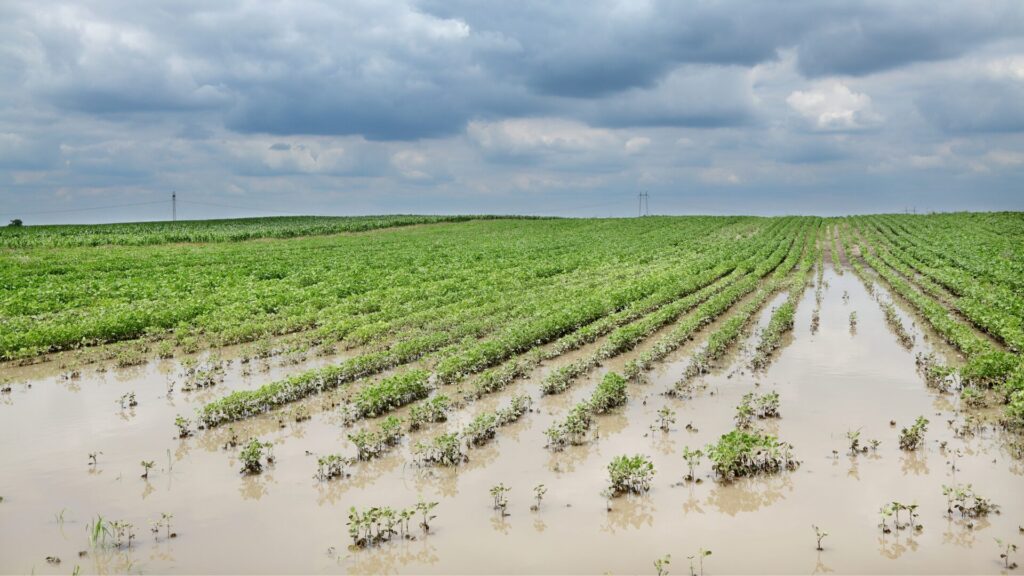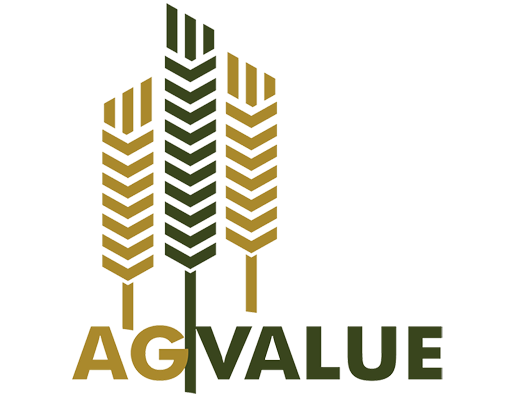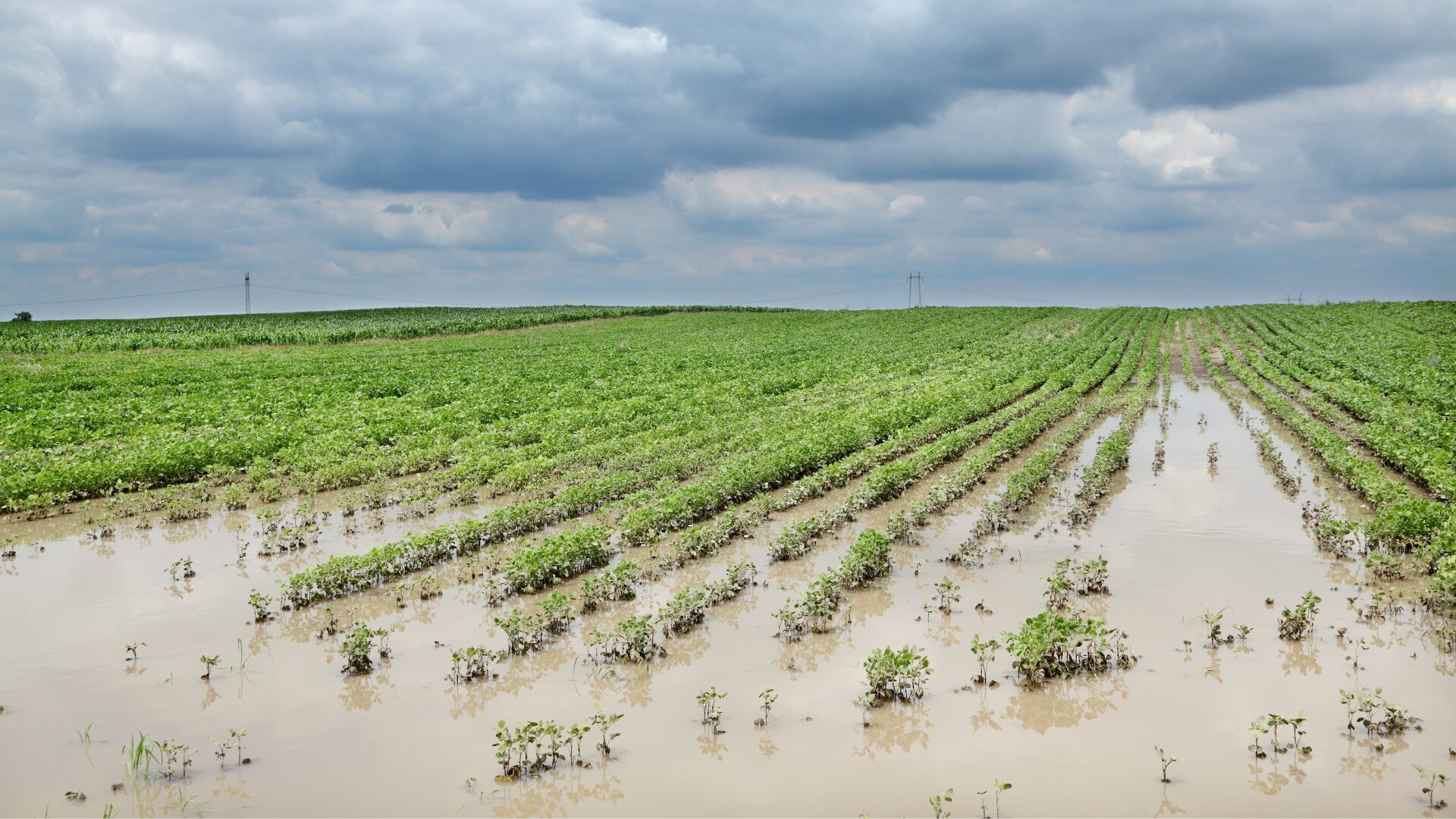
- AgValue Consulting
- October 2, 2024
- 5:27 pm
- 3 minutes
Impact of Hurricane Helene on South Carolina Crops
Hurricane Helene has swept through South Carolina and North Carolina, leaving devastation in its wake, particularly for the agricultural community. This natural disaster struck at the worst possible time for many farmers, as September marks a critical harvest period for crops like cotton, soybeans, and corn. As the storm brought heavy rains and strong winds, the damage to these essential crops is anticipated to have severe repercussions for farmers and the broader agricultural sector.
Cotton: A Major Casualty
Cotton crops in South Carolina have taken a significant hit due to Hurricane Helene. According to Michael Jones, a Clemson Cooperative Extension cotton specialist, much of the cotton in South Carolina had open bolls when the storm hit. This is a critical period for cotton, as the fiber quality and weight are optimal the day the boll opens. However, exposure to water from storms can degrade the fiber quality, while strong winds can blow lint to the ground, making the harvest difficult or even impossible.
Farmers who were on the verge of defoliating their cotton are now facing substantial losses. Wet ground conditions further complicate the situation, as heavy equipment needed for the harvest becomes difficult to operate in soaked fields. Given that the USDA reported 225,000 acres of cotton planted in 2024, up from 210,000 in 2023, the economic impact of this storm on the cotton sector will be considerable.
Soybeans: Mixed Outcomes
For soybean farmers, Hurricane Helene has created a mix of beneficial and harmful conditions. On one hand, the heavy rains brought some relief to drought-like conditions in non-irrigated areas, helping with seed fill for soybeans that are still maturing. On the other hand, as Michael Plumblee, Clemson Extension corn and soybean specialist, explained, high winds have accelerated leaf drop on mature soybean plants, potentially making the harvest more difficult. Additionally, there is an increased risk of diseases like Asian soybean rust, which can blow in with the storm and affect crop health and yields.
South Carolina planted 390,000 acres of soybeans in 2024, slightly down from 395,000 in 2023. While some farmers may see improved yields due to the rain, others may struggle with disease outbreaks and difficult harvesting conditions, leading to uneven outcomes across the state.
Corn: Harvest Nearly Complete, But Risks Remain
For South Carolina’s corn farmers, the timing of the storm provided some relief, as 95% of the state’s corn crop had already been harvested before the hurricane struck. However, for the small percentage of corn still in the field, high winds could lead to lodging—where plants are knocked over—making the remaining harvest difficult. Farmers have been advised to check grain bins for leaks, as wind and rain could cause water damage to stored corn.
The Impact on South Carolina Farm Valuations and Appraisals
The aftermath of Hurricane Helene will have a lasting effect on farm valuations and appraisals in South Carolina. The significant crop losses—particularly in cotton—will lead to reduced revenue projections, which in turn will lower the overall value of agricultural land. Farms that suffered severe damage to crops and infrastructure, such as flooded fields or eroded soil, may also face higher repair costs, further affecting their valuations.
In the case of soybeans, farms that managed to escape disease outbreaks and capitalized on the rain may see better-than-expected yields, but the risk of disease and harvesting difficulties will weigh on overall farm performance and value. Corn farmers, having harvested most of their crops, may be in a better position, but those who suffered damage to stored corn or the remaining crops could see financial losses that affect their farm’s long-term viability.
For farmers in South Carolina facing the challenges brought by Hurricane Helene, now is the time to reassess farm valuations and prepare for potential adjustments in property appraisals. AgValue Consulting is equipped to provide expert analysis and support for farmers needing accurate, up-to-date valuations in the wake of this devastating storm. Our team understands the complexities of agricultural operations, and we can help ensure that farmers have the information and resources they need to navigate this challenging period.

